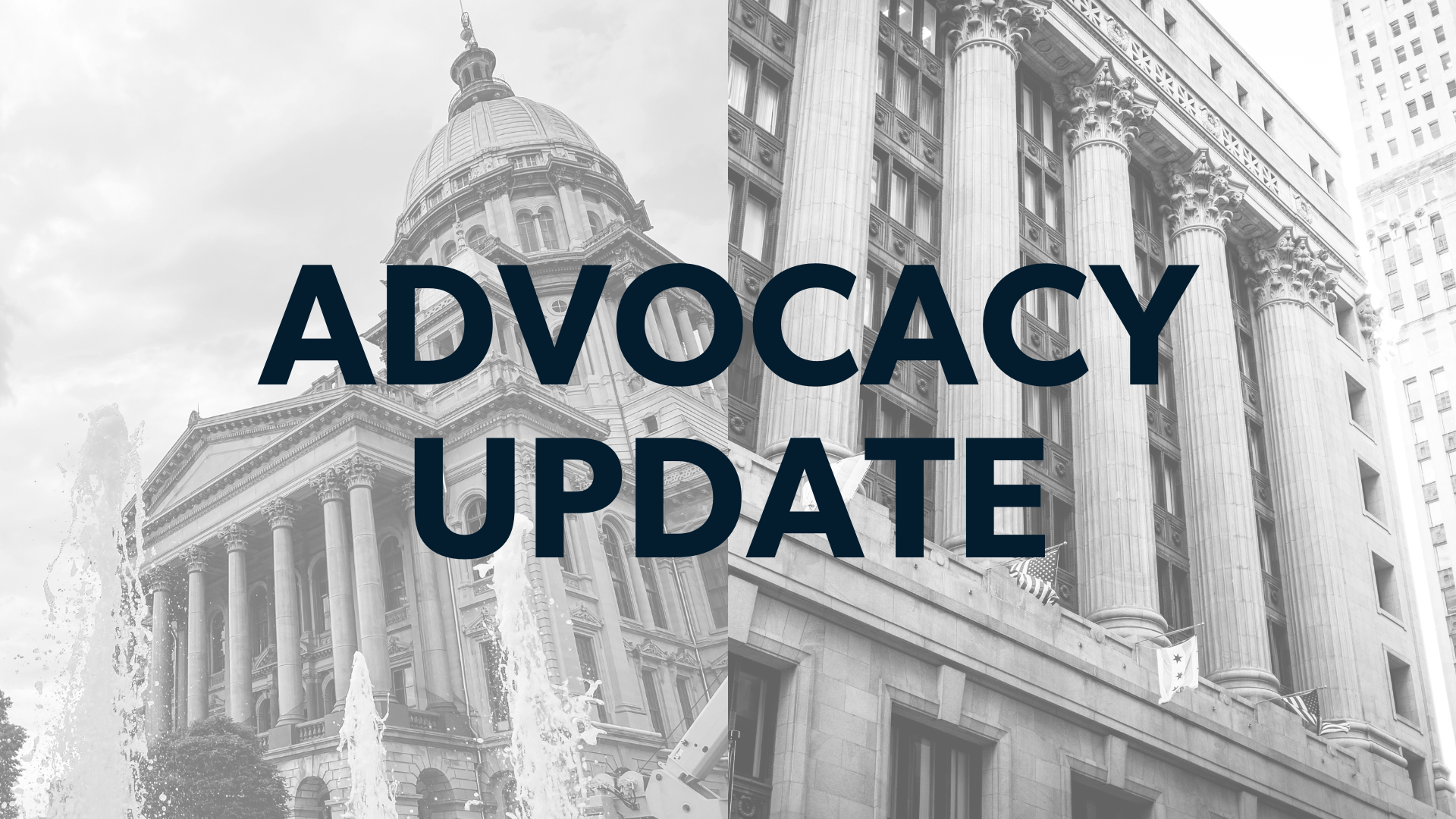It’s a new year, the dust has settled, and the City of Chicago budget was enacted by a slim margin. Now, regular legislative business begins again in the City Council.
City Council Passes ADU Ordinance
On December 16, 2020, the City Council approved the Accessory Dwelling Unit Ordinance, also known as the Accessory Conversion Unit Ordinance. Implementation of the rules and permit procedure is still in progress, but the first permits will be issued on May 21, 2021. Keep an eye out for educational offerings coming soon!
Affordable Requirements Ordinance Update
The City Council will move forward with revisions to the Affordable Requirements Ordinance; as of press time, the exact revisions are unknown but expected sometime after February. Promising for us: the Task Force Report did not mention increasing the in-lieu fee. The report did reference other municipalities, indicating cities such as Los Angeles and Seattle may be prototypes for the revised ordinance.
Neighborhood Zoning Concerns
We are aware of specific neighborhoods (specifically Pilsen and the 606 Trail area) seeking policy relief specific to their communities. The Zoning Committee had extensive hearings on disallowing standalone homes and/or two flats going forward. There is thought amongst public policy officials that single home zoning should be abolished citywide, and ordinances of this sort greatly concern us; we will continue to monitor and keep you informed.
Updates to the Department of Housing Website
The City of Chicago’s Department of Housing website was updated with a portal for two to-four unit owners. The city recognizes these owners are fundamental in growing wealth in communities, as many times they engage in Naturally Occurring Affordable Housing. This portal is a great resource to find the RLTO, Security Deposit Interest Rates and partners that provide other beneficial resources for small landlords.
Have an appraisal discrimination story?
Have you or a client experienced appraisal discrimination during a transaction? We want to provide you a way to tell your story (or stories) regarding appraisals you feel are unjust on the basis of race, gender,
geography, etc. We’re gathering your stories so we can begin to assess how best to drive attention to the issue.
Please note: Submitting a story via this form does NOT take the place of a formal complaint and any story submitted is for informational purposes only. After submitting your story, if you would like to file a formal complaint, please contact the Department of Housing and Urban Development (HUD).
Lobbying Efforts for RTLO
This past fall, we spent significant time lobbying against the Cook County Residential Tenant and Landlord Ordinance (RTLO), which would expand the existing laws of Chicago and Evanston and apply it county-wide, essentially as a Tenant Bill of Rights. The County originally had no idea of the existing
regulations in place throughout the County, including annual inspections and licensing requirements. Our stance was that adding additional regulatory burdens would be significantly harmful in areas where real estate investment is minimal and unattractive. We issued two calls for action on this issue and forced the bill sponsors into a series of task force meetings.
Although the bill passed in January, the real estate industry achieved some small victories. We were able to make it clearer that Chicago would be exempt from any additional County regulations. We also spent time discussing judicial discretion in the regulation of security deposits and attaching a summary of the
ordinance to a lease.
While the bill sponsors would not budge on changing the term “shall” to “may” (applicable in court cases where a landlord made minor errors, resulting in a mandatory payment of two months’ rent and reasonable attorney fees to the tenant), they were receptive to a landlord’s right to cure administrative errors or oversights. Now, if a tenant is seeking to break a lease or takes the landlord to court over minor infractions, the landlord has two business days to correct the error.
We still believe a complex and comprehensive County bill such as the RTLO is problematic, especially considering the possible long-term ramifications of COVID-19.
Cook County Property Tax Study
Property taxes remain a major concern for all practitioners and consumers. In December 2020, Cook County Treasurer Maria Pappas released a study that showed property tax increases for both residential and commercial properties over the last 20 years, including an overall increase of 164% in residential and 81% in commercial property taxes in Chicago. The Treasurer’s study helps to connect the dots. Increases in property tax rates are harmful to everybody, whether you are a landlord, tenant or private property owner.
2021 City Reassessment
This year, Cook County Assessor Fritz Kaegi will reassess the City; this reassessment will not apply until the 2022 tax bills. CAR will be rolling out resources to educate not only members, but also consumers on understanding your tax bill and applying for an appeal. Further, many homeowners received a COVID-19 adjustment to their property value from the Assessor’s Office. The COVID-19 impact may also cause some confusion about the “normal” property tax bill and the amount a homeowner will have to pay. It is always important to remember that 2020 was an abnormal year and property value assessment assumptions should not be based on this year’s assessments.







